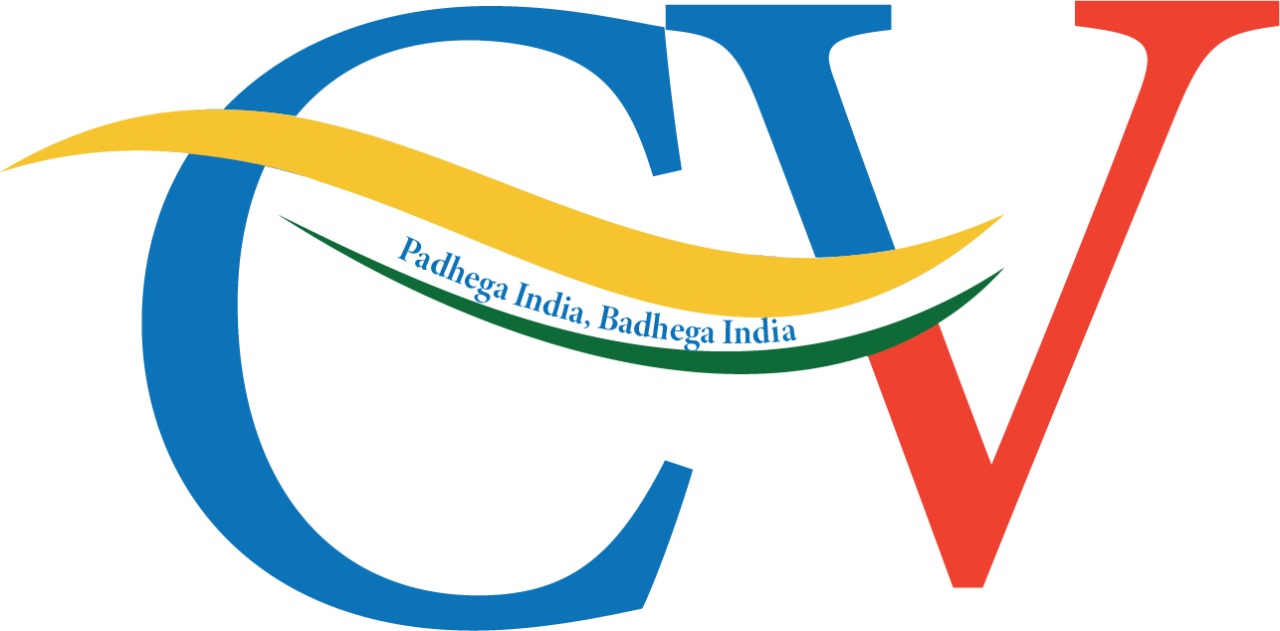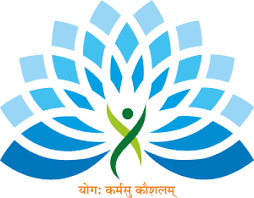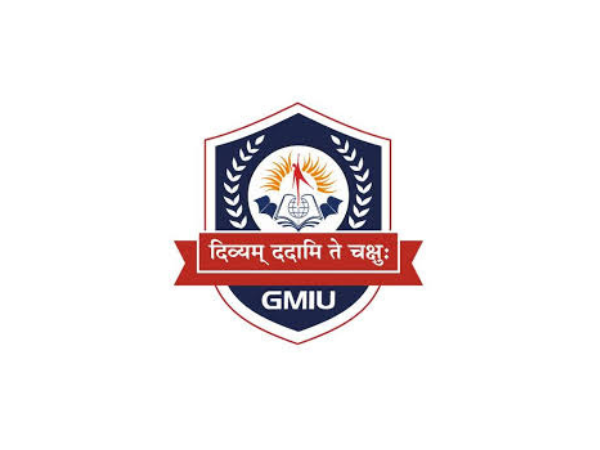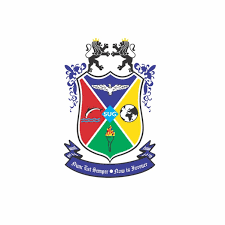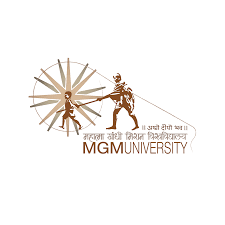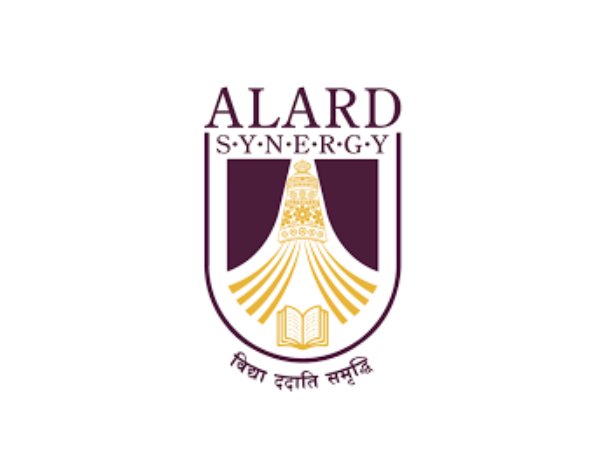Bachelor of Pharmacy - (Bachelor of Pharmacy - (B.Pharma))
Universities
27
Eligibility
10+2
Course Introduction
Bachelor of Pharmacy
A Bachelor of Pharmacy (B.Pharm.) is a professional undergraduate degree program that prepares students to become pharmacists. It's a fascinating course where you'll learn about medicines, how they work, and how to use them safely. During the four-year program, students study various subjects such as chemistry, biology, pharmacology, and pharmaceutical technology. B.Pharm. programs also teach students about the ethical and legal aspects of pharmacy practice, ensuring that they can provide quality healthcare services to patients. The course includes practical training in pharmacies and healthcare settings, giving students real-world experience. Upon completing a B.Pharm. degree, graduates have a wide range of career opportunities. They can work in retail pharmacies, hospitals, and pharmaceutical companies, or even pursue higher studies to specialize in areas like clinical pharmacy, research, or regulatory affairs. Overall, a B.Pharm. course is a crucial step towards a rewarding and impactful career in the field of healthcare and medicine.
Course Overview
A Bachelor of Pharmacy (B.Pharm) program is designed to teach students about medicines and how they work. It's like a super cool journey into the world of pharmacy! In this course, you'll learn about different types of drugs, how they are made, and how they can help people feel better. You'll also study how to safely give medications to patients and understand the science behind it all. It's not just about pills; you'll explore various aspects of healthcare and even get to work in pharmacies and hospitals during your training. Plus, you'll gain important skills in communication and patient care. By the end of the program, you'll be a pharmacy expert, ready to make a positive impact on people's health and well-being. So, if you're curious about medicines and want to help others, B.Pharm is the path for you!
Course Eligibility
To enroll in a B.Pharm. (Bachelor of Pharmacy) course, candidates typically need to meet the following qualifications: Completed high school education (10+2) with a minimum of 50% aggregate marks in science stream (with subjects such as Physics, Chemistry, and Biology/Mathematics). Additionally, they may need to pass relevant entrance exams like NEET or state-level pharmacy entrance tests. Specific requirements can vary by institution and region.
Universities
Admission Process
There is an online admissions process available at Online Bachelor of Pharmacy, therefore there is no need to physically visit the campus to apply for admission. There is no entrance exam required to apply for admission to Bachelor of Pharmacy Online because admissions are made directly. The following describes the Bachelor of Pharmacy's admissions process for online courses:
Ask Admission QueryBrowse our diverse range of programs like MBA, BBA, MA, B.COM, Machine Learning, Python and many more...
Fill online application form with accurate.
You get your own education mentor who helps with all your questions about courses, university, colleges and fees. They're there to make things clear and easy for you.
Make your college application faster by sending your documents and paying the registeration fees.
Upon acceptance, pay fees to secure your seat and finalize enrollment
Confirm your class date, seat, enrollment number and get your gift as reward points
Course Subjects
- #Pharmaceutical Chemistry
- #Pharmaceutics
- #Pharmacology
- #Pharmacognosy
- #Pharmaceutical Analysis
- #Biochemistry
- #Microbiology
- #Biotechnology
Bachelor of Pharmacy's Highlights
1
Comprehensive Curriculum:
B.Pharm. programs typically offer a comprehensive curriculum covering a wide range of subjects related to pharmaceutical sciences. This includes courses in pharmacology, pharmaceutics, medicinal chemistry, pharmacognosy, pharmaceutical analysis, and more. Students gain a deep understanding of drug development, formulation, testing, and usage
2
Practical Training:
Hands-on training and practical experience are integral parts of a B.Pharm. course. Students often have the opportunity to work in laboratories, conduct experiments, and learn about drug manufacturing processes. This practical training equips them with the skills necessary for a career in the pharmaceutical industry.
3
Industry Exposure
Many B.Pharm. programs include industry visits, internships, or collaborations with pharmaceutical companies. This exposure allows students to understand the real-world pharmaceutical environment, learn about current industry practices, and network with professionals
4
Regulatory Knowledge
Students are typically educated about pharmaceutical regulations and quality control standards. Understanding the regulatory aspects of the pharmaceutical industry is crucial for ensuring the safety and efficacy of drugs and pharmaceutical products
5
Career Opportunities
B.Pharm. graduates have a wide range of career opportunities to choose from. They can work in pharmaceutical companies, hospitals, research institutions, regulatory agencies, and academic institutions. Additionally, some B.Pharm. graduates pursue advanced degrees (such as M.Pharm. or Ph.D.) to further specialize in specific areas of pharmaceutical sciences
Bachelor of Pharmacy's Freights
The annual tuition fees for a B.Pharm course typically vary between INR 40,000 to 1 lakh, depending on the university or college's standards and policies.
Bachelor of Pharmacy's Specialization
B.Pharm programs offer specializations such as Pharmaceutical Chemistry, Pharmacology, Pharmacognosy, Pharmaceutics, Pharmaceutical Analysis, and Clinical Pharmacy. These specializations allow students to focus on specific areas of pharmaceutical sciences and prepare for careers in drug development, research, manufacturing, clinical practice, and quality control within the pharmaceutical industry and healthcare sector.
- #Pharmaceutical Analysis
- #Pharmacology
- #Pharmaceutics
- #Clinical Pharmacy
- #Pharmaceutical Technology
Course Job
- #Pharmacist:
- #Clinical Research Associate (CRA)
- #Pharmaceutical Sales Representative
- #Quality Control/Quality Assurance Analyst
- #Regulatory Affairs Specialist
- #Production Pharmacist
Course Types
Offline course
OfflineBachelor of Pharmacy (B.Pharma) courses typically offer full-time, on-campus programs. Students attend classes in physical classrooms, engage in laboratory work, and interact directly with professors and peers. These traditional programs provide hands-on learning experiences and face-to-face interactions, fostering a comprehensive understanding of engineering principles and practices.
Why this Course ?
- A Bachelor of Pharmacy (B.Pharm) course equips students with essential pharmaceutical knowledge and practical skills, enabling them to contribute to drug development, patient care, and the pharmaceutical industry. It offers diverse career opportunities and addresses critical healthcare needs, making it a valuable and rewarding educational choice.
- Interest in Healthcare and Medicines: If you have a genuine interest in healthcare, medicines, and their impact on health and well-being, a B.Pharm course provides you with in-depth knowledge of pharmaceuticals, drug development, and patient care.
- Diverse Career Opportunities: B.Pharm graduates enjoy a wide range of career options. They can work as pharmacists, in pharmaceutical research and development, regulatory affairs, quality control, and more, offering flexibility and job security.
- Contribution to Society: Pharmacists play a crucial role in healthcare by ensuring the safe and effective use of medications. Choosing this course allows you to directly contribute to the well-being of individuals and communities.
- Industry and Innovation: The pharmaceutical industry is ever-evolving with innovations in drug development, biotechnology, and healthcare. Studying pharmacy allows you to be part of a dynamic field at the forefront of medical advancements.
- Global Demand: Pharmacy professionals are in demand worldwide. The skills and knowledge gained from a B.Pharm course are transferable, allowing you to explore career opportunities not only in your home country but also internationally.
Frequently Asked Questions
A 1 : The B.Pharm. program, or Bachelor of Pharmacy, is an undergraduate degree program that focuses on pharmaceutical sciences. It covers subjects like pharmacology, pharmaceutics, medicinal chemistry, and prepares students for careers in the pharmaceutical industry, healthcare, and research.
A 2 : Career prospects for B.Pharm. graduates include roles as pharmacists, pharmaceutical researchers, regulatory affairs specialists, quality control analysts, clinical research associates, and pharmaceutical sales representatives in healthcare, pharmaceutical companies, research organizations, and more.
A 3 : Through a B.Pharm. program, you can develop skills such as pharmaceutical knowledge, analytical thinking, research abilities, communication, attention to detail, and a strong ethical foundation, preparing you for a career in pharmacy, healthcare, or the pharmaceutical industry.
A 4 : A Bachelor of Pharmacy (B.Pharm) program typically takes four years to complete. However, the duration may vary based on the specific curriculum and country or institution's requirements.
A 5 : The ability to transfer credits from a community college to a B.Pharm. program depends on the specific university's policy. Contact the university's admissions or registrar's office for details on credit transfer eligibility and procedures.
